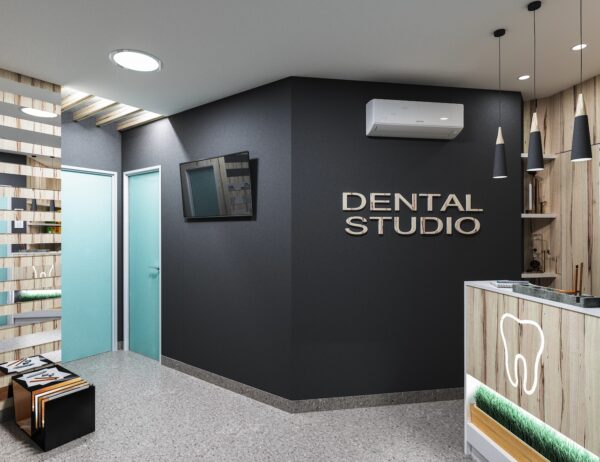The dream of owning a dental practice has long been considered a natural next step after a few years in the profession. But in today’s saturated markets, evolving business models, and shifting generational expectations, the question has become more complex: is it still worth buying a practice? In a recent episode of the Beyond Bitewings podcast, the Edwards & Associates team dive into this timely question to unpack the realities dentists face today.
While the idea of starting a dental practice used to be a clear goal, especially in the years following dental school, things have changed. Urban areas are increasingly saturated, reimbursement rates are shrinking, and private equity-backed Dental Service Organizations (DSOs) have created intense competition with their ability to scale and offer robust benefits. Ash points out that the business landscape has shifted so dramatically that simply saying “yes” to a startup is no longer responsible without asking important follow-up questions about location, demographics, business model, and support structure.
One of the major distinctions discussed is between starting a brand-new practice and buying an existing one. Established practices already have what Ash calls “battle scars,” proof of what works and what doesn’t, along with a built-in patient base and revenue stream. Startups, by contrast, are entering the battlefield fresh, requiring owners to wear the right “armor” from day one, especially in competitive locations. That’s why advisors emphasize deep research, professional guidance, and self-awareness before diving into ownership.
Even if the financials check out, new owners often face unexpected cultural challenges when acquiring practices with long-standing staff or outdated procedures. On the flip side, owning a startup allows full control over systems and culture but comes with greater risk and slower ramp-up. Finding that balance – and understanding whether you’re truly wired to be both a clinician and a business owner – is critical to making the right decision.
The conversation also explored how DSOs affect the market not just for hiring but also for buying and selling practices. While they may present appealing offers with high earnings multiples, sellers need to look closely at the structure of these deals. Payouts are often spread out over time and contingent on maintaining specific financial performance, which may not work for every seller’s timeline or goals.
Beyond startups and acquisitions, the team discussed alternative paths to ownership, such as earning equity within a growing group practice or working under an owner who offers a stake as part of long-term employment. These options may offer more stability while still allowing entrepreneurial-minded dentists to build wealth and influence.
Ultimately, practice ownership can still be a fulfilling and financially smart move, but it’s not for everyone. With burnout on the rise, the key is understanding your own goals, values, and risk tolerance before taking the plunge. Whether you’re eyeing a startup or an acquisition, the decision needs to be intentional, strategic, and well-supported. As always, the team at Edwards & Associates is here to help you navigate that journey.




